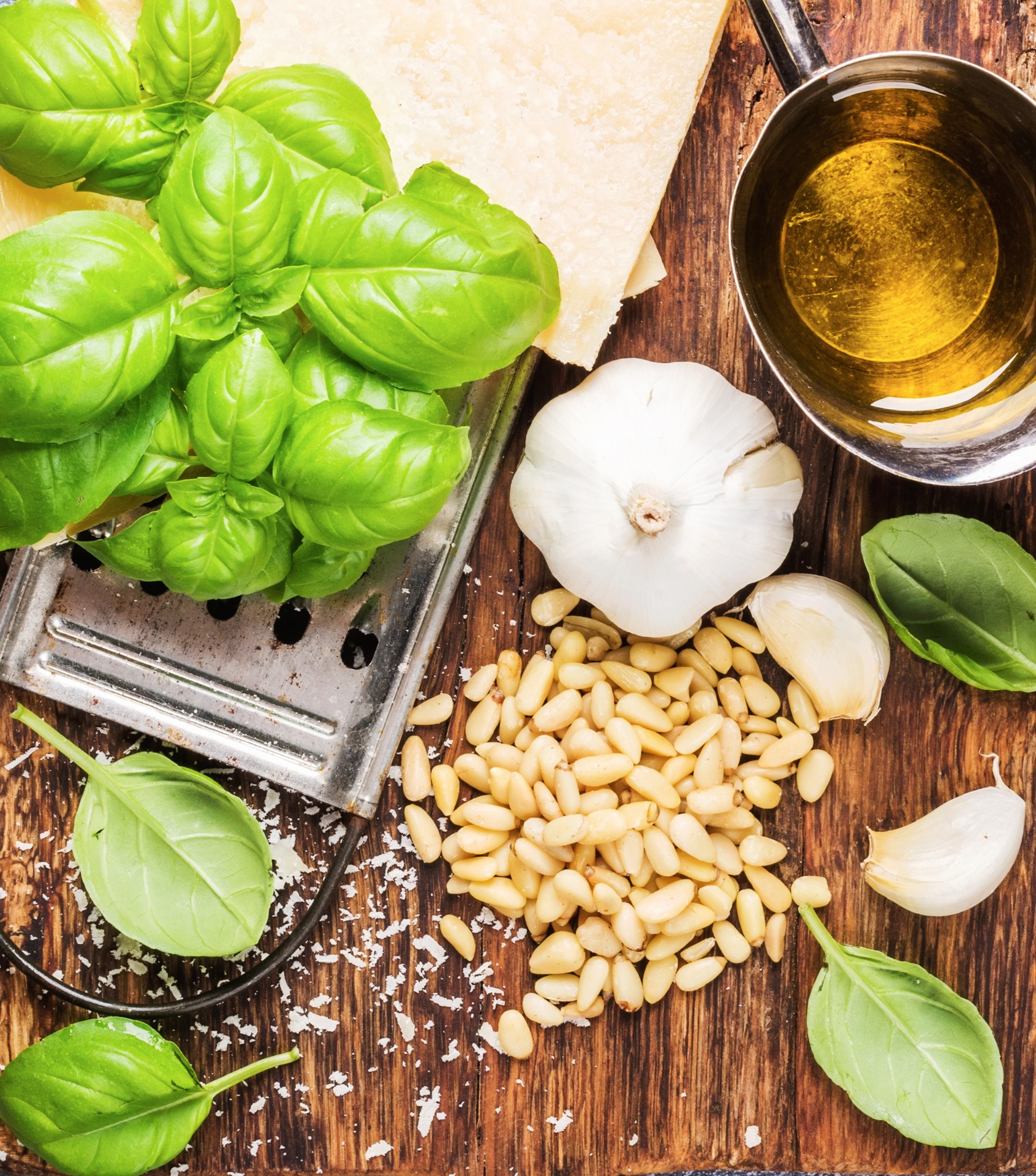Type 2 diabetes
Whether you have just been diagnosed or have known for a while that you have type 2 diabetes, the good news is that in the majority of cases
Type 2 diabetes is a reversible condition
What causes type 2 diabetes?
Type 2 diabetes happens when we eat "in preparation for winter" all year long, year after year, after year...
Let me explain, in the wild, animals that have to survive long winters of food scarcity or fly long distances to warmer climates - prepare for this by eating much more than their daily energy needs over the summer months, when food is plentiful. The type of food available in the summer, generally high in fructose, enables animals to do that - hunger remains turned on despite total calories going in being more than the animal needs that day. These extra calories are stored as fat - an ingenious and highly efficient form of energy storage that Nature came up with. It then enables the bear to hibernate for 3 months and the bird to fly a long distance to a warmer climate. Animals become not only obese but also almost diabetic in preparation for this. By the end of winter, they are back to where they started and all is good.
Do you see where I am going with this? Yes, we also have this capacity to store energy in the form of fat in order to survive periods of food scarcity. Some of us more so than others. When our fat reserves fill up, any extra energy coming in in the form of glucose has trouble entering the cells and remains longer in the blood - it is picked up in a blood test as high blood glucose and when this reaches a certain level, eventually a diagnosis of type 2 diabetes is given. (Incidentally, as the fat stores fill up, fat spills out into the circulation too and is picked up in a blood test as high triglyceride levels and high cholesterol).
"But Im not that overweight, why do I have type 2 diabetes?"

What can we do about it?
The tricky part is that a lot of the food products available in your nearest supermarket or take away restaurant do not make this task easy. It has nothing to do with your will power. It is pure biochemistry.
Our body's physiology has simply not evolved as fast as the food industry has.
Our food environment changed radically in the last 100 or so years. When we consider that as humans we have been on this planet for about 2 million years, it is not difficult to see why we (our bodies and minds) struggle to adapt to this new environment where food is not only plentiful but also, more often than not, comes in a shape and form that our body does not know what to do with, so it ends up doing what it has been programmed to do. That is: store the easily available extra energy as if "winter is coming", and try to fight anything it does not recognise and considers as foreign (hence => inflammation, autoimmunity and the lot!).
The good news is that our bodies are incredible in that they are always in self-repair mode. Once given the correct raw materials they heal and return to place of balance that favours health and not disease.
My job as your nutrition counsellor would be to guide you so you can navigate your way in this complex new food environment, recognise what is suitable and what is not, adapt what and how you eat and optimise your nutrition so you can provide your body with the raw materials it needs to return to health.
